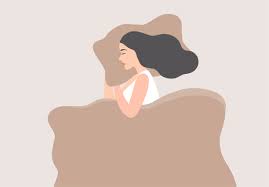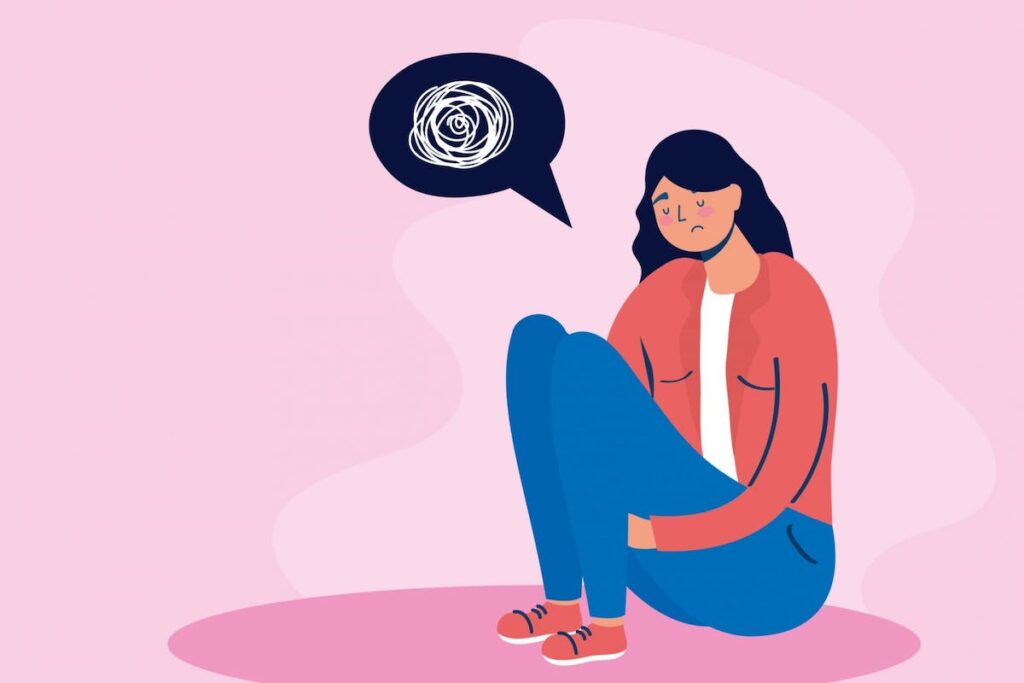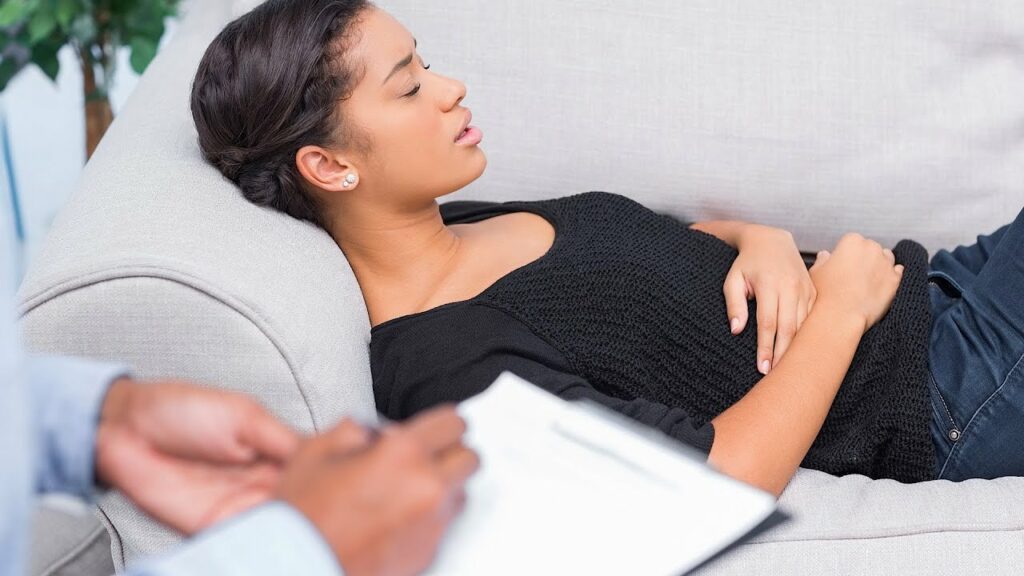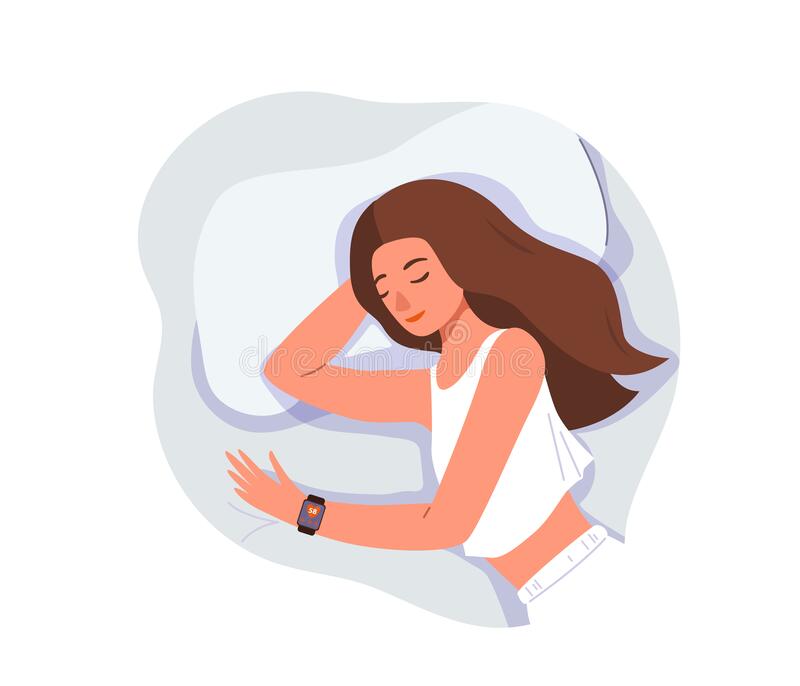Do you have trouble sleeping? Do you wake up in the middle of the night and can’t get back to sleep? If so, you may be suffering from bipolar insomnia. This is a common problem for people with bipolar disorder. In this blog post, we will talk about what bipolar insomnia is, and we will give you some tips on how to deal with it.
Contents
What Is Bipolar Insomnia?

Bipolar insomnia is a type of insomnia that is associated with bipolar disorder. Individuals with bipolar disorder often have difficulty sleeping, and this can lead to problems with concentration, energy levels, and mood. Bipolar insomnia may also make it difficult to stick to a treatment plan for bipolar disorder.
Bipolar disorder is a mental illness that causes extreme mood changes. These mood swings can go from feeling extremely happy or “up” to feeling very sad or “down.” People with bipolar disorder may also experience periods of normal mood in between these extremes. Bipolar disorder can be a very debilitating condition, and it is important for people who have it to get treatment.
Insomnia is a sleep disorder that makes it hard to fall asleep or stay asleep. People with insomnia may have trouble falling asleep, or they may wake up frequently during the night. Insomnia can lead to daytime fatigue, irritability, and difficulty concentrating. It can also make it harder to stick to a treatment plan for bipolar disorder.
Bipolar insomnia is a common problem among people with bipolar disorder. Research has found that nearly half of all people with bipolar disorder have insomnia. Bipolar insomnia can be a very frustrating problem, but there are some things that you can do to help manage it.
Reasons for Bipolar Insomnia

Other causes of insomnia are:
Stressful Life Events
One of the most common reasons people have difficulty sleeping is because of stress. Stressful life events can include work deadlines, family problems, and financial troubles. When you’re under a lot of stress, your body releases the hormone cortisol. This hormone can make it difficult to fall asleep and stay asleep.
Poor Sleep Habits
People who have poor sleep habits are more likely to suffer from insomnia. Poor sleep habits include watching television late at night, working on the computer right before bed, and eating large meals before going to sleep. These activities can disrupt your body’s natural sleep rhythm and make it harder to fall asleep.
Sleep Apnea
Sleep apnea is a condition that causes people to stop breathing for short periods during their sleep. This can make it very difficult to get a good night’s sleep. People with sleep apnea often wake up feeling exhausted even after a full night’s sleep.
Restless Leg Syndrome
Restless leg syndrome is a condition that causes people to have an irresistible urge to move their legs. This can make it very difficult to fall asleep and stay asleep. People with restless leg syndrome often wake up feeling exhausted even after a full night’s sleep.
Medications
Certain medications can cause insomnia as a side effect. These include some antidepressants, beta-blockers, and corticosteroids. If you’re taking any medication that’s causing you difficulty sleeping, talk to your doctor about changing your dosage or switching to a different medication.
Caffeine
Caffeine is a stimulant that can make it difficult to fall asleep. Also, Caffeine is found in coffee, tea, energy drinks, and some sodas. It’s also often added to weight-loss supplements and pre-workout supplements. If you have trouble sleeping, avoid caffeine for at least six hours before bedtime.
Alcohol
Although alcohol may make you feel drowsy at first, it can disrupt your sleep later in the night. Alcohol prevents you from getting deep, restful sleep and can cause you to wake up several times during the night. If you have trouble sleeping, avoid drinking alcohol before bedtime. Also, be sure to drink plenty of water before going to bed to avoid waking up feeling thirsty in the middle of the night.
Smoking
Smoking is another stimulant that can make it difficult to fall asleep. Nicotine is a stimulant that can keep you awake and make it hard to stay asleep. If you have trouble sleeping, avoid smoking for at least six hours before bedtime.
How Can Bipolar Insomnia Impact Your Life?

The impacts of bipolar insomnia can be serious and long-lasting. If you have difficulty sleeping, you may also have trouble functioning during the day. You may have trouble concentrating, and you may be more likely to make mistakes. Also, You may feel irritable, and you may have difficulty controlling your emotions. You may also find it difficult to interact with other people.
All of these impacts can lead to :
Problems At Work
One of the most common places that bipolar insomnia can cause problems is at work. If you have difficulty sleeping, you may have difficulty functioning during the day. You may find it difficult to concentrate, and you may make more mistakes. Your work performance may suffer, and you may eventually lose your job.
Problems In Relationships
Bipolar insomnia can also cause problems in relationships. If you have difficulty sleeping, you may be irritable and short-tempered. You may have difficulty controlling your emotions, and you may find it difficult to interact with other people. These difficulties can strain your relationships and make them difficult to maintain.
Problems With Daily Activities
Bipolar insomnia can also make it difficult to do your daily activities. If you have trouble sleeping, you may find it difficult to get out of bed in the morning. You may have trouble staying awake during the day, and you may find it difficult to complete your daily tasks. These difficulties can make it difficult to live a normal life. It may also be difficult to take care of your hygiene or take care of your home.
Problems With Your Health
Bipolar insomnia can also lead to problems with your health. If you have trouble sleeping, you may be at risk of developing several health problems. These health problems can include heart disease, high blood pressure, and diabetes. It is also important to note that bipolar insomnia can worsen existing health conditions.
Treatment For Bipolar Insomnia

If you are struggling with bipolar insomnia, it is important to seek treatment. There are several treatment options available, and your doctor can help you find the right treatment for your needs. Treatment for bipolar insomnia may include:
Medications
One of the most common treatments for bipolar insomnia is medication. Several different medications can be used to treat bipolar insomnia, and your doctor can help you find the right medication for your needs.
Some of the medications include a class of drugs known as benzodiazepines. These drugs can help you fall asleep and stay asleep. However, they can also be addictive, so it is important to use them only as directed by your doctor.
Another option is a class of drugs called antidepressants. These drugs can help to regulate your mood and improve your sleep. However, they can also have side effects, so it is important to talk to your doctor about the potential risks and benefits of taking these medications.
Therapy
Another treatment option for bipolar insomnia is therapy. Several different types of therapy can be used to treat bipolar insomnia, and your therapist can help you find the right type of therapy for your needs.
Some of the different types of therapy include:
- Cognitive behavioral therapy
- Stimulus control therapy
- Relaxation therapy
- Sleep hygiene education
Support Groups
Another treatment option for bipolar insomnia is a support group. There are several different types of support groups available, and they can provide you with support and information about bipolar insomnia.
Some of the different types of support groups include:
Bipolar support groups: These groups can provide you with support and information about bipolar disorder. They can also help you to connect with other people who have bipolar disorder.
Insomnia support groups: These groups can provide you with support and information about insomnia. They can also help you to connect with other people who have insomnia.
Sleep disorders support groups: These groups can provide you with support and information about sleep disorders. They can also help you to connect with other people who have sleep disorders.
Can You Avoid Bipolar Insomnia?

As we say, prevention is better than cure. You can take steps to avoid bipolar insomnia and other sleep problems by:
1. Practicing Good Sleep Hygiene
This means following some simple rules for healthy sleep habits, such as keeping a regular sleep schedule, avoiding caffeine and alcohol before bedtime, and creating a peaceful environment in your bedroom.
2. Identifying and Treating Underlying Medical Conditions
Conditions like anxiety, depression, and pain can all disrupt sleep. If you have any of these conditions, talk to your doctor about treatment options that can help you get the rest you need.
3. Taking Medication As Prescribed
If you are taking medication for bipolar disorder, make sure to take it exactly as prescribed. This includes taking it at the same time every day and not skipping doses.
4. Monitoring Your Mood
If you notice any changes in your mood, such as feeling more irritable or down, take note of them and talk to your doctor. These could be signs that your bipolar disorder is getting worse and that you need to adjust your treatment.
5. Getting Regular Exercise
Exercise can help improve sleep quality, so aim to get at least 30 minutes of moderate exercise most days of the week. Just make sure to avoid working out too close to bedtime, as this can make it harder to fall asleep.
6. Avoiding Triggers For Manic Episodes
Triggers for mania can vary from person to person, but some common ones include sleep deprivation, stress, and drug use. If you know what your triggers are, try to avoid them as much as possible.
7. Avoiding Coffee Before Bed
It is a fact that coffee has caffeine in it which can act as a stimulant and make it harder for you to fall asleep at night. So, avoid drinking coffee especially close to bedtime.
9. Establishing a Regular Sleep Schedule
It is important to establish a regular sleep schedule and stick to it as much as possible. This means going to bed and waking up at the same time each day, even on weekends.
10. Keeping a Sleep Diary
A sleep diary can help track your sleep patterns and identify any potential problems. Be sure to include information such as when you went to bed, how long it took you to fall asleep, how many times you woke up during the night, and how you felt when you woke up in the morning.
By following these tips, you can help avoid bipolar insomnia and other sleep problems. If you are already experiencing sleep problems, talk to your doctor about treatment options.
Conclusion
Bipolar Insomnia is a serious medical condition that can have a profound impact on an individual’s quality of life. If you think you may be suffering from bipolar insomnia, it is important to seek professional help. With proper diagnosis and treatment, many people with bipolar insomnia can live happy, healthy lives.
If you think you might be suffering from bipolar insomnia, the first step is to speak with your doctor. He or she can conduct a thorough evaluation and rule out other potential causes of your sleep problems. If bipolar insomnia is diagnosed, there are several treatment options available that can help you get the rest you need. With proper treatment, many people with bipolar insomnia can lead normal, productive lives.
Hope this article was of help to you! If you are suffering from mental health disorders, you may seek help from Therapy Mantra. We have a team of highly trained and experienced therapists who can provide you with the tools and skills necessary for overcoming mental health disorders. Contact us today to schedule an online therapy or download our free Android or iOS app for more information.


